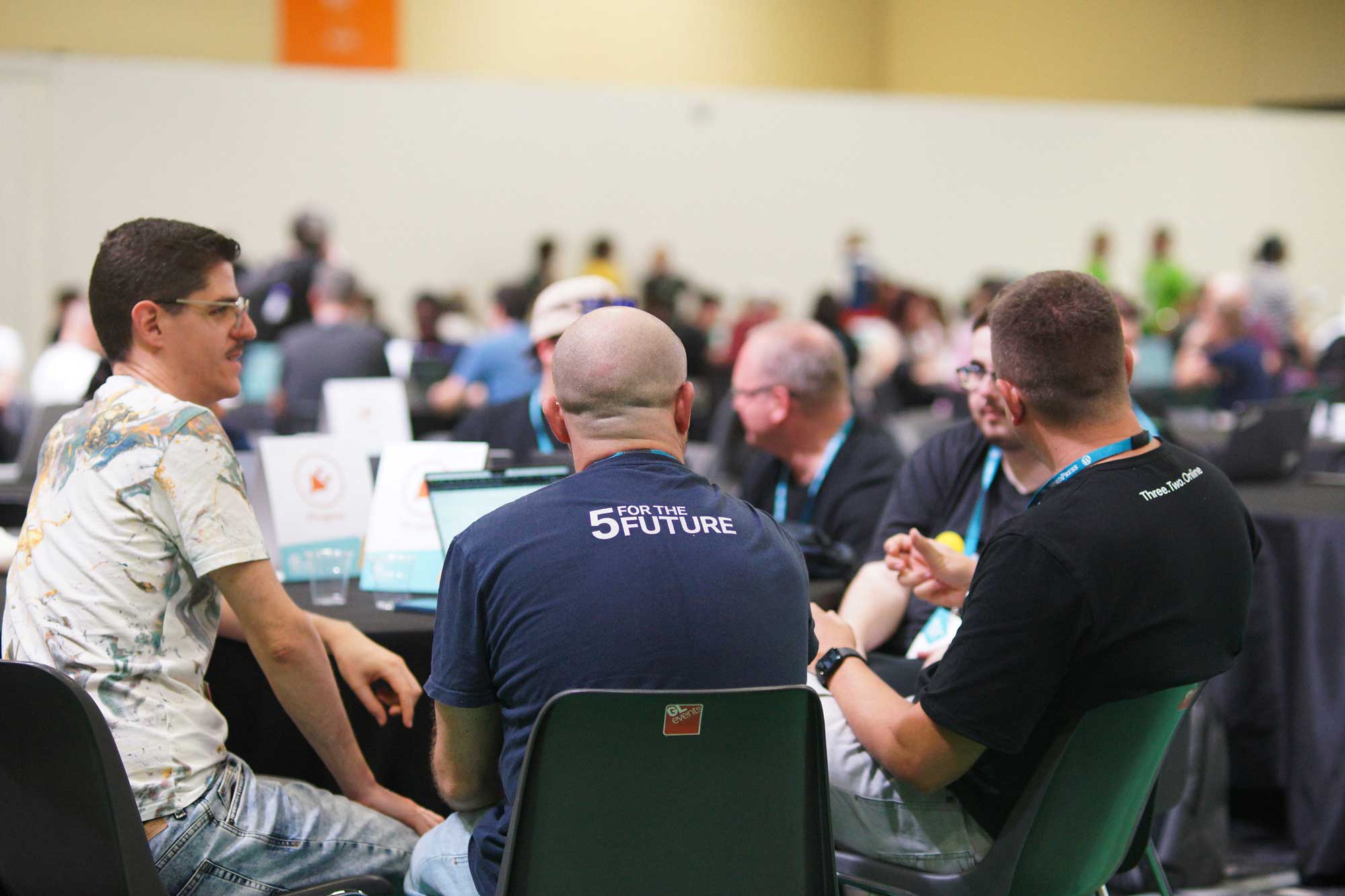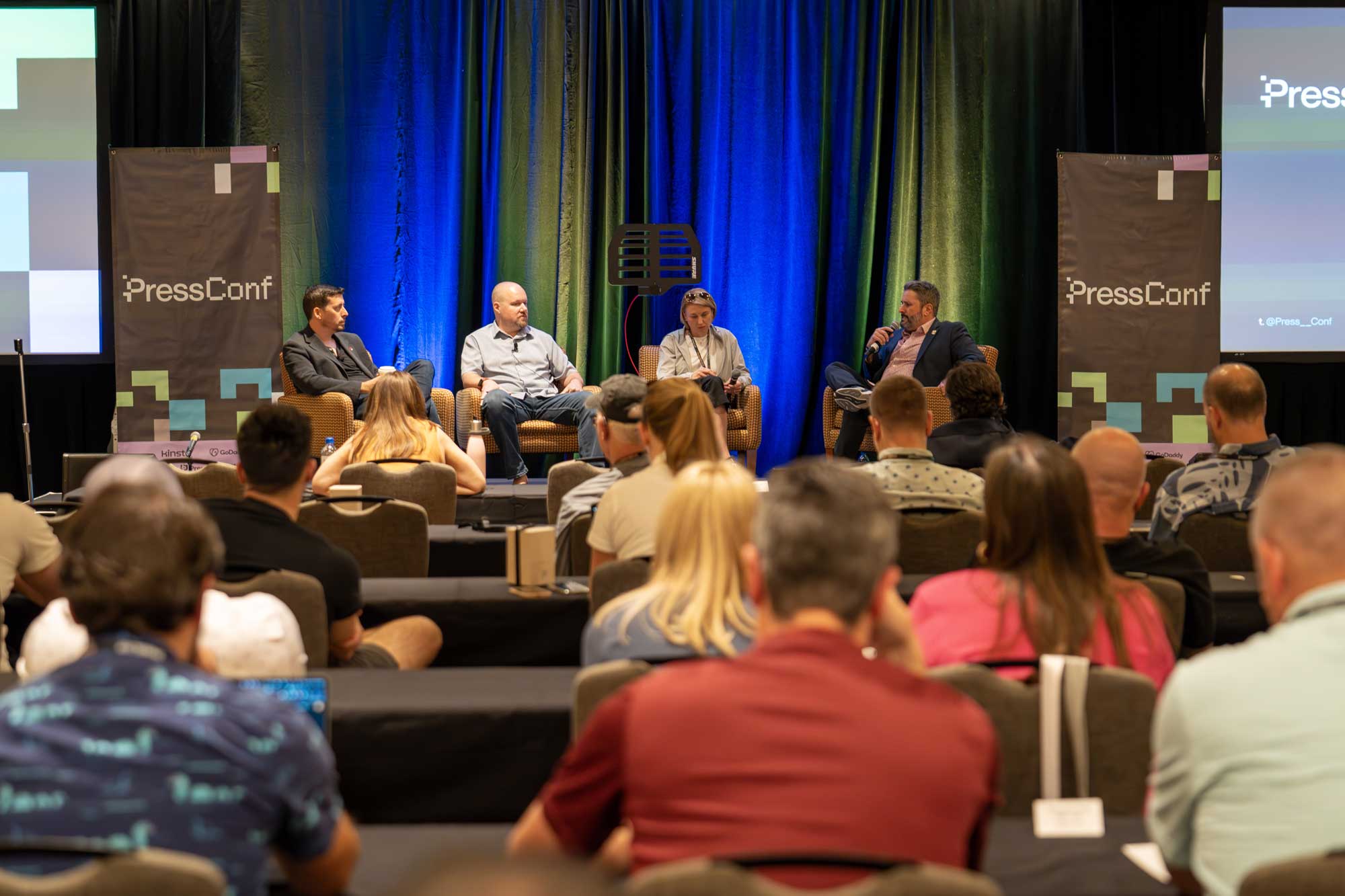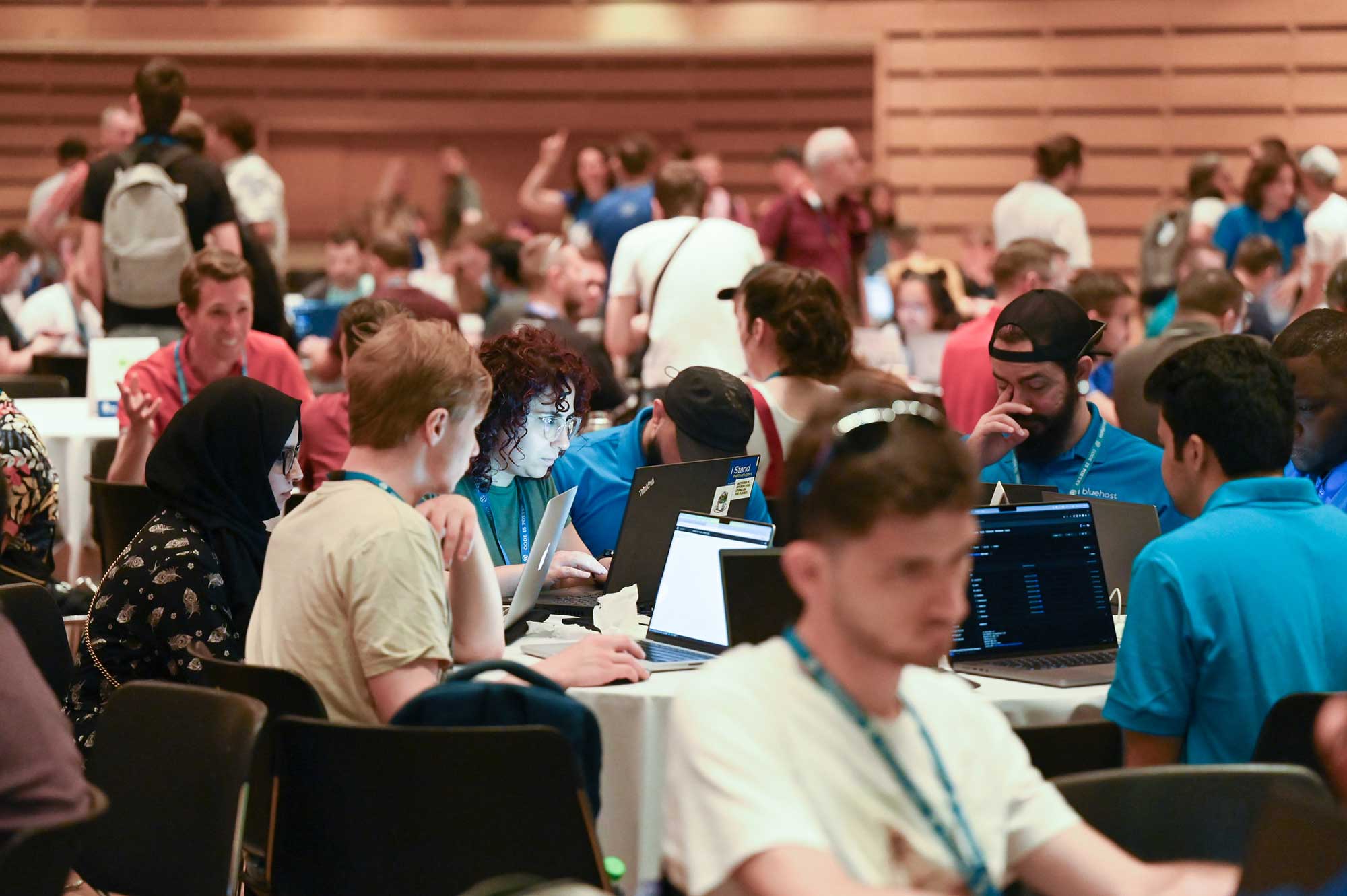WordPress co-founder Matt Mullenweg has proposed scaling back the project’s release schedule to just one major update per year, citing reduced corporate contributions amid the ongoing legal dispute between Automattic and WP Engine.
In a message posted Monday in the #core-committers Slack channel, Mullenweg invited core committers to a Zoom call to discuss potentially releasing only WordPress 6.8 in 2025, pushing 6.9 to 2026, and delaying version 7.0 until late 2027.
He directly linked the proposed slowdown to unnamed companies reducing their contributions in response to WP Engine’s lawsuit against Automattic, which is now set for a jury trial in February 2027.
“Other corporate sponsors are protesting WPE’s actions by pulling back contributions,” Mullenweg wrote, adding these reductions could affect other major contributors to WordPress.
Expressing frustration with the ongoing lawsuit, Mullenweg estimated that WP Engine and Automattic are each spending “the equivalent of 60 engineers’ full-time salaries at $250k per year”—around $15 million annually—on litigation.
“Imagine what the project could do for democratizing publishing and competing against proprietary alternatives if that [money] were going into core and community development,” he wrote.
WP Engine launched legal action against Automattic and Mullenweg last October after Mullenweg accused the hosting company of exploiting WordPress without contributing enough back to the project. At the time, WP Engine was pledging 45 hours per week to the WordPress project. Mullenweg publicly labeled WP Engine a “cancer” to WordPress and criticized its private equity owner, Silver Lake, for profiting from open-source software.
In January, Automattic significantly reduced its weekly contributor hours down to 45, matching WP Engine’s minimal contribution. Last month, Automattic reduced its pledge again to just 17 hours to match a further reduction by WP Engine.
Last month, core committers raised concerns that WordPress development had come under strain following Automattic’s dramatic reduction in contributions. In meeting notes published on the Make WordPress Core blog, they warned of stalled progress on the Block Editor, a lack of short-term direction, and burnout.
WordPress 6.8 was initially expected to include more than 890 Gutenberg enhancement and bug fixes contributed by Automattic employees, though as core committers noted in their meeting, many key Block Editor projects no longer have clear ownership or experienced contributors to move them forward.
Despite Automattic’s cuts, Mullenweg has committed his company’s resources to extensive testing, pledging an early rollout of WordPress 6.8 on WordPress.com, providing widespread testing with hundreds of thousands of users. He also encouraged other web hosts to upgrade internal or employee sites ahead of the release to identify issues proactively.
Core committers raise concerns
Core committers responding to Mullenweg’s proposal expressed immediate reservations, particularly about delaying WordPress 6.8, which is already in beta testing and scheduled for general release on April 15.
Jonathan Desrosiers, Bluehost-sponsored core committer, said 6.8 was “on schedule and we’re in the home stretch,” adding he saw no benefit to delaying it. He also warned that an annual release could place significant stress on users and undermine confidence in automatic updates.
Joe Dolson, a self-employed accessibility expert, flagged potential stability risks if the release schedule were to slow significantly, noting compatibility concerns with upcoming PHP versions. PHP 8.5 is scheduled for release in November 2025, and Dolson suggested increasing the scope of minor releases to compensate.
Committers also raised concerns about the practical challenges of managing year-long release cycles. Long-time core committer Jeff Paul, who’s the Director of Open Source at 10up, pointed out difficulties for volunteer release leads who typically committed to shorter release cycles. “I do not expect the release leads that signed up for a ~3-month cycle on 6.8 would realistically be able to make that a ~12-month cycle,” he said.
Google-sponsored core committer Weston Ruter added that fewer releases could be demotivating for contributors and exacerbate the current contributor shortage. 10up-sponsored core contributor Peter Wilson similarly argued that switching abruptly to one release per year would be impractical for volunteers, suggesting a gentler transition if slowing down becomes necessary.
Several committers emphasized the urgent need for clearer short-term planning. Tammie Lister stressed collective decision-making around project priorities and release roadmaps. Aaron Jorbin emphasized the importance of increased testing for minor releases if the project shifts to fewer major updates. Desrosiers also suggested creating a detailed six-month roadmap to clarify short-term priorities.
Which companies are pulling back?
It’s still unclear exactly which corporate sponsors Mullenweg was referring to as scaling back their contributions to WordPress.
Since January, The Repository has tracked pledges by companies participating in WordPress’s Five for the Future initiative, which encourages businesses to dedicate resources back to the project.
On January 11, the top companies pledging weekly hours were Automattic (1,390 hours), rtCamp (454 hours), Multidots (291 hours), GoDaddy (256 hours), Awesome Motive (222 hours), 10up (189 hours), Hostinger (158 hours), Yoast (157 hours), Elementor (125 hours), and Rocket.net (120 hours).
By March 11, Automattic’s pledged hours dropped significantly to just 17. Elementor and Rocket.net also fell out of the top 10 contributors, though other top sponsors maintained their pledges.
Elementor recently revised its pledge temporarily from 125 hours per week down to 98 hours due to contributor changes. Miriam Schwab, Elementor’s Head of WordPress Relations, clarified that the company’s contributions would soon return to previous levels and eventually increase further.
“My perspective about contribution at this time is that companies need to step up now, not the opposite. We may be able to have a real impact and if we want WordPress to continue to succeed, it’s our responsibility to do our part,” Schwab said.
Rocket.net CEO Ben Gabler said his company temporarily redirected resources from its support team to the project over the holidays. The company is currently contributing 71 hours per week and plans to bring on more full-time contributors “very soon.”
“[We’re] very proud of our contributions from January and many other months. Zunaid [Amin] is on our support team and is also the Hosting lead for core. Very, very proud of him.”
Other major corporate sponsors recently reaffirmed their commitments publicly:
- Last September, Awesome Motive CEO Syed Balkhi shared his support for Mullenweg’s Ecosystem Thinking, writing, ““I believe that symbiotic mutualistic contributions are crucial for a healthy ecosystem because all parties involved benefit from it.”
- Multidots CEO Rahul Gupta increased his company’s contributions last September and raised their annual donation to the WordPress Foundation from $1,000 to $5,000. “Maybe this is a wake-up call for all of us—especially those making millions from WordPress—about our responsibility to give back,” he wrote in Taking a Stand for the WordPress Ecosystem: Why We Must All Give Back.
- In January, 10up CEO Jake Goldman praised long-time 10up core contributor Jeff Paul and A2 Hosting’s Aaron Campbell “who continue to do the quieter, less grandstanding work of continuing to organize and move releases forward.” Posting on LinkedIn, he added, “Let’s make sure we see the people still punching through drama and doing the latter, and try to elevate thought leadership and critique more so from those who do *more* than… think and critique.”
Feature image credit: WordCamp Europe 2024.








